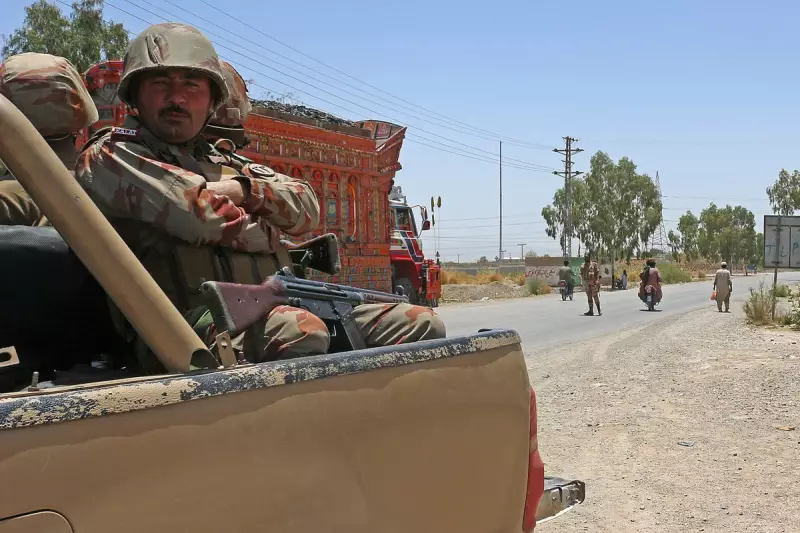
Mobile services in Pakistan's restive Balochistan province have been temporarily suspended due to heightened security concerns, leaving millions without communication.
The decision, taken by local authorities, comes amid fears of potential unrest and terrorist activities. Residents and businesses have been severely impacted, with many unable to make calls, send messages, or access mobile data.
Why the Shutdown?
Officials cited intelligence reports suggesting possible attacks during public gatherings. The suspension is seen as a precautionary measure to prevent coordinated violence.
"This step was necessary to ensure public safety," said a government spokesperson. "We regret the inconvenience but prioritise citizens' lives over connectivity."
Public Reaction
The move has drawn mixed reactions. While some support the decision as a security necessity, others criticise it as excessive and disruptive.
"My business relies on mobile payments," complained a local shopkeeper. "Now I can't process transactions or contact suppliers."
Human rights groups have condemned the shutdown, calling it a violation of digital freedoms. "Blanket internet restrictions are never justified," said a representative from a digital rights organisation.
Economic Impact
The suspension is expected to have significant economic consequences. Balochistan, already Pakistan's poorest province, relies heavily on mobile-based services for commerce and banking.
This isn't the first time Pakistan has restricted mobile services. Similar shutdowns have occurred during political protests and religious events, raising concerns about the growing trend of digital censorship in the country.





